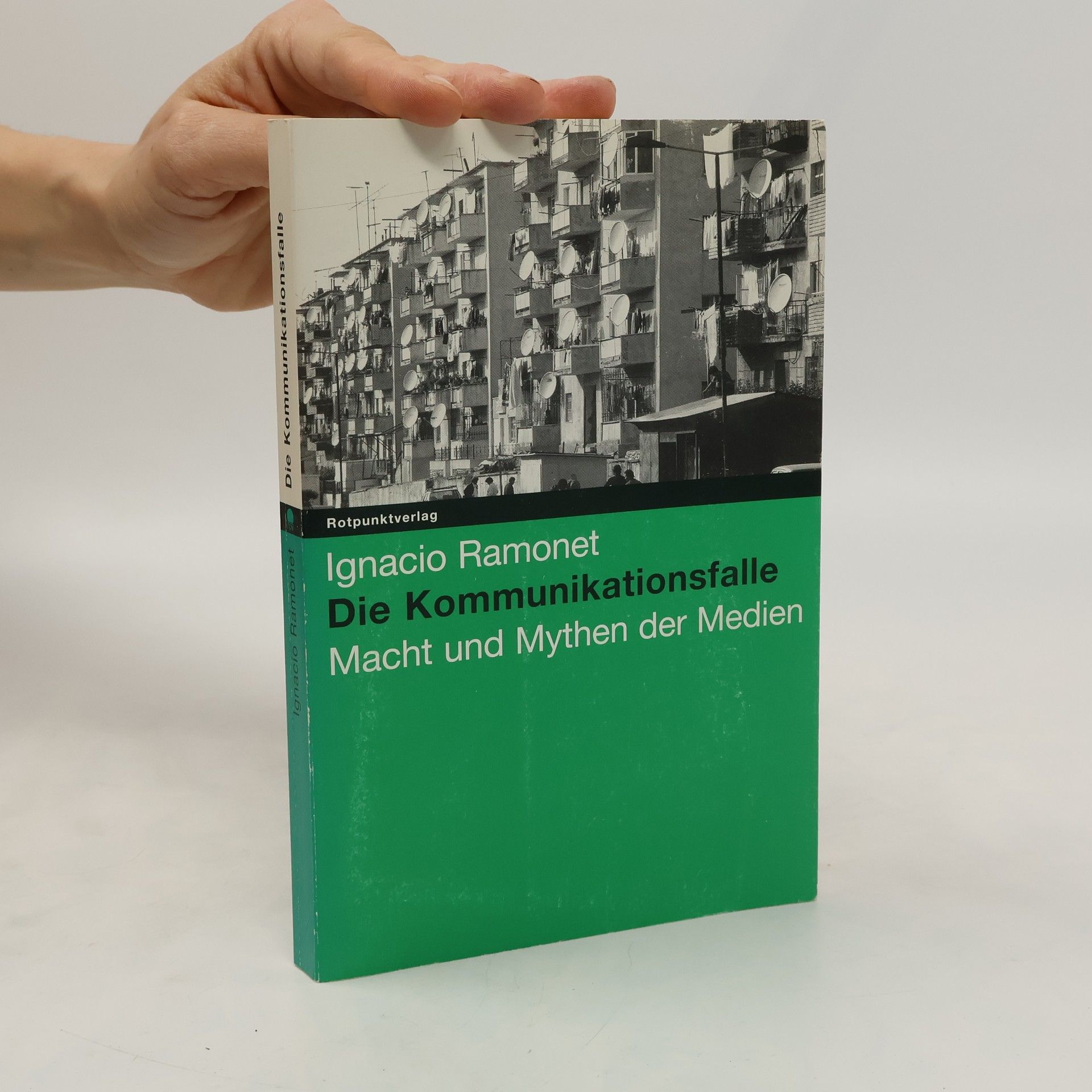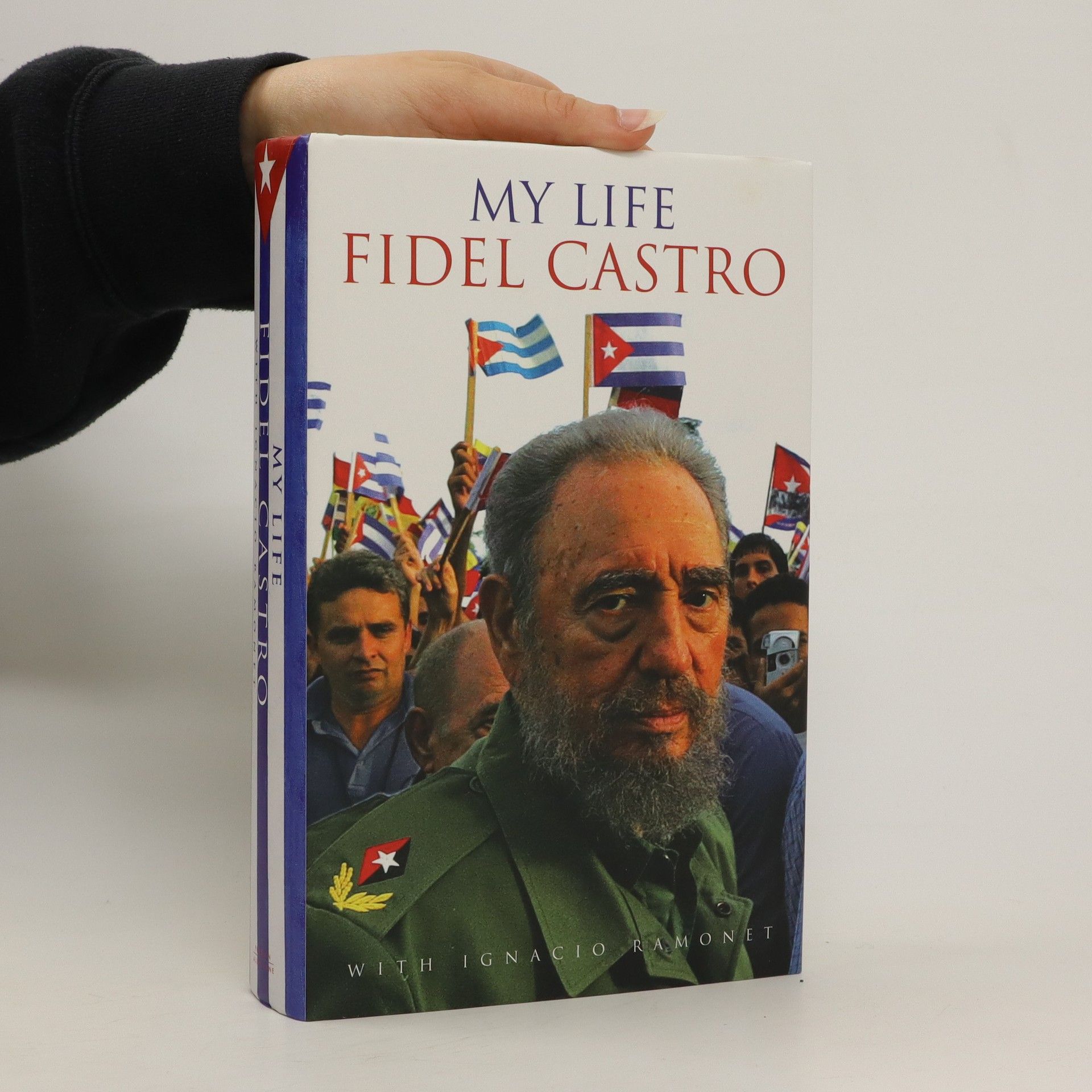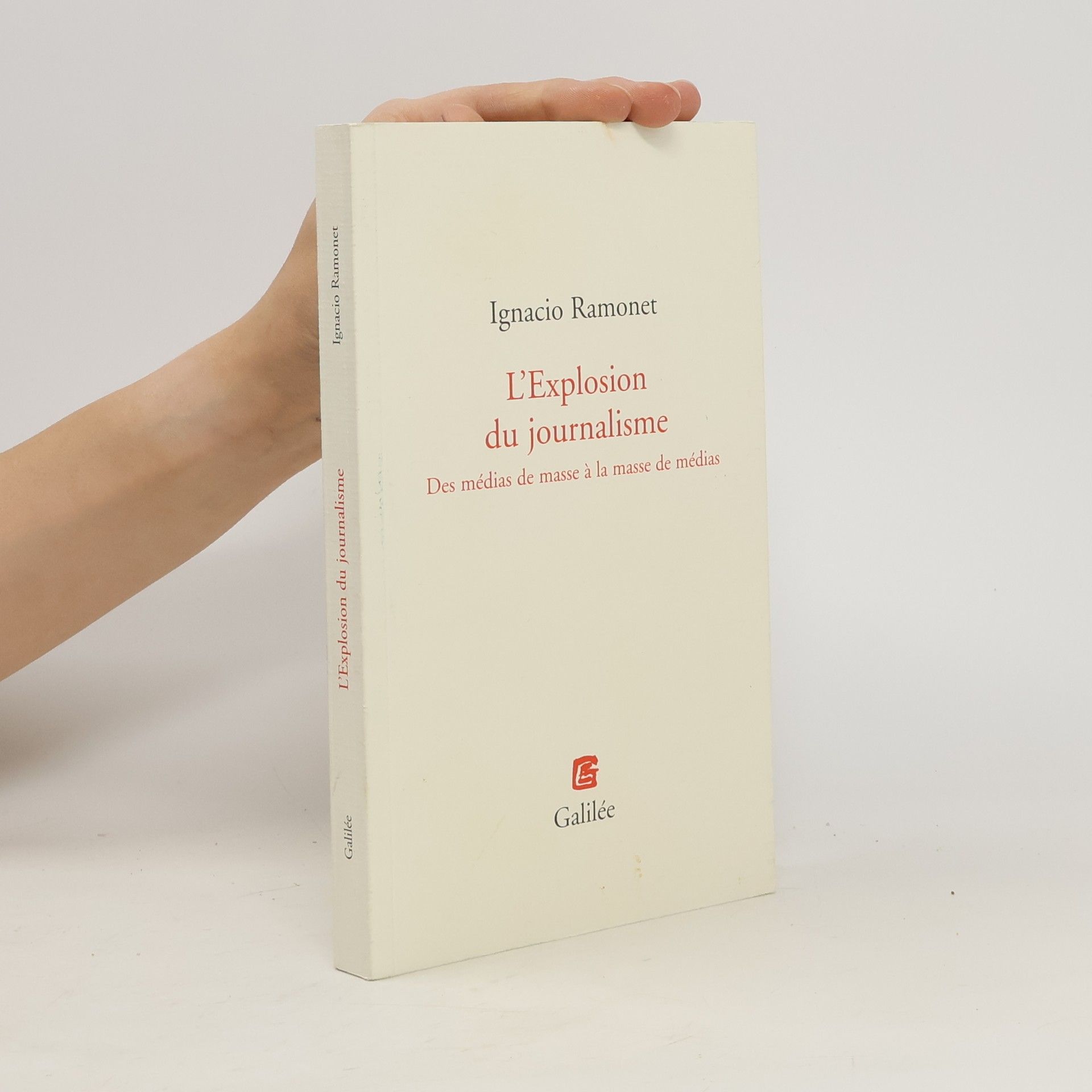L'Explosion du journalisme
- 154 pages
- 6 hours of reading
Cet essai critique propose une anatomie de l'explosion de la presse écrite à l'heure où l'ensemble de l'écosystème médiatique est dynamité par les impacts successifs de la révolution numérique et du prodigieux développement des réseaux sociaux. Chaque citoyen, dans la nouvelle société-réseau, a vocation à devenir < > en s'appropriant des dispositifs légers comme les blogs ou les réseaux sociaux Twitter et Facebook qui offrent un potentiel communicationnel exceptionnel. Des individus possèdent désormais le pouvoir de communiquer entre eux des sons, des textes et des images, d'échanger de l'information, de la redistribuer, de la mélanger à d'autres documents, de réaliser leurs propres photos ou vidéos et de les mettre sur la Toile où des masses de gens vont les voir, et à leur tour participer à la circulation circulaire de l'information ... Certains envisagent même un < >, à la manière du média social WikiLeaks, pour garantir, face aux pressions des États, des groupes multimédias géants et des pouvoirs autocratiques, l'existence d'une indispensable information libre et indépendante. Un monde sans secrets ..











